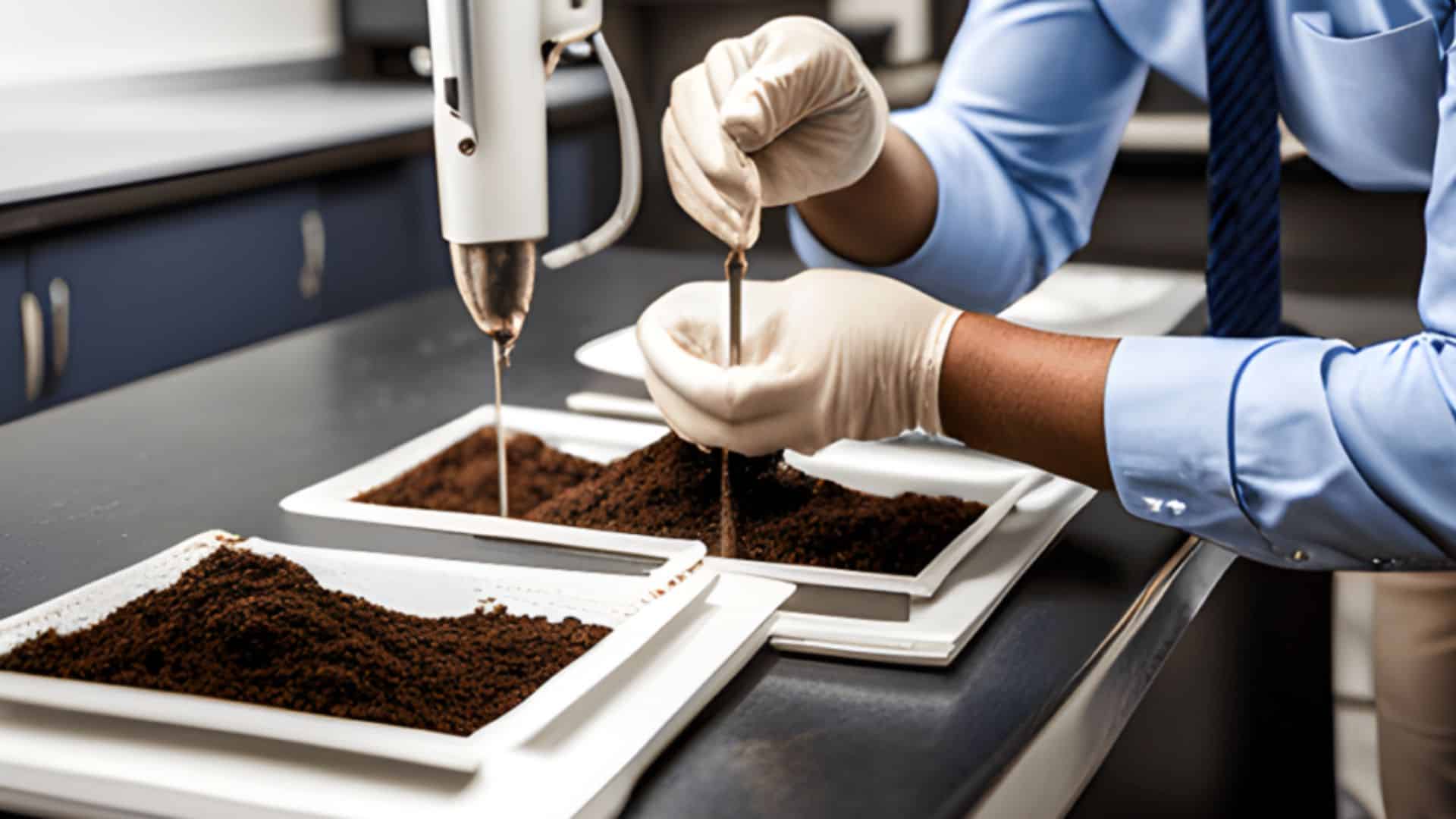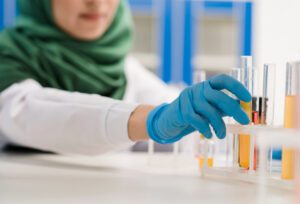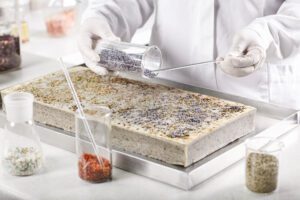
METS lab is one of the leading soil testing labs in UAE. Soil testing is the farmland analysis for multiple parameters like chemical content, toxicity, pH level, salinity, earth-dwelling biota, etc. Such tests also provide information on chemical contamination, humic or organic content, electric conductivity, cation exchange capacity, and other physical and chemical properties.
Valuable information on nutrients content allows accurate fertilization to support plant needs within precision agriculture implementations. This is why the chemical test for soil nutrients is the most common. Primarily, soil tests report on the content of nitrogen(N), phosphorous(P), and potassium(K), which are the most important nutrients for crops. Secondary nutrients to examine are calcium (Ca), sulfur (S), and magnesium (Mg), boron (B), molybdenum (Mo), and others.
Soil testing is a very important part of building and road construction projects. The purpose of soil testing for construction is to determine the suitability of the soil for the type of construction to be done. BS 1377-2 provides common laboratory tests are required for the classification of soils, determination of compaction characteristics of soils for earthworks, permeability, compressibility and erodibility and determination of shear strength of soils in terms of both total and effective stresses. The ASTM version of the Unified Soil Classification System is ASTM D2487-17: Standard Practice for Classification of Soils for Engineering Purposes (Unified Soil Classification System). This classification system is based on particle-size characteristics, liquid limit, and plasticity index. According to ASTM D2487-17, there are three major soil divisions: coarse-grained soils, fine-grained soils, and highly organic soils.








No comment yet, add your voice below!